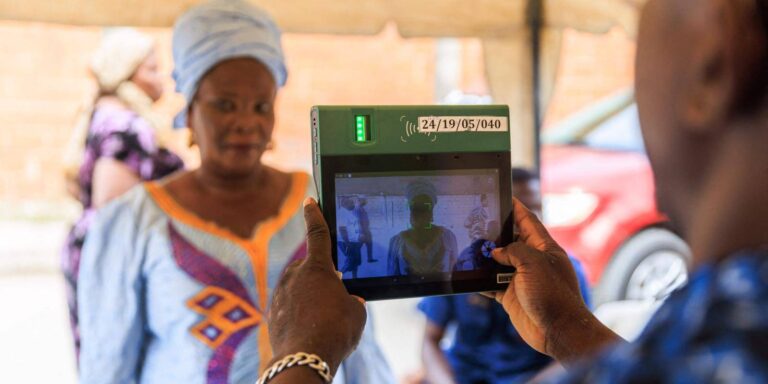Democracy on the African continent faces an uncertain future, and a recent analysis from the Open Society Foundations suggests the reason lies far beyond electoral politics. According to economist and political scientist Dr. Ndongo Samba Sylla, the survival of democratic systems in Africa depends on tackling entrenched economic injustices.
The report identifies two structural weaknesses at the heart of the problem: dependence on the CFA franc — still overseen by the French treasury — and highly unequal patterns of land ownership. Both, it argues, have locked millions into poverty and weakened faith in democratic institutions.
“Without control over their currencies, nations that use the CFA franc cannot direct their own economic destinies,” Dr. Sylla observed. “And in countries like South Africa, Namibia, and Botswana, skewed land ownership ensures prosperity remains concentrated in a few hands.”
This persistent imbalance, he warned, is fueling unrest across the continent. Africa’s overwhelmingly young population, often excluded from decision-making, is increasingly frustrated. In nations such as Mali, Burkina Faso, and Niger, anger over insecurity and joblessness has turned into tacit support for military regimes — a response to democratic governments that failed to deliver.
While such support reflects desperation, Sylla cautioned that whether military leadership can provide long-term solutions is still uncertain. For real progress, he argued, Africa must embrace what he calls “substantive democracy” — a model that goes beyond elections to embed both economic fairness and citizen participation at its core.
Egypt: Leftovers That Feed a Nation
In Cairo’s Al-Wekala market, discarded banquets from five-star hotels are quietly sustaining thousands of struggling families. Meals once reserved for the wealthy are now a lifeline for the poor, underscoring how Egypt’s deepening economic crisis has blurred the line between luxury and necessity.
The practice highlights both resilience and desperation: communities finding ways to survive as formal systems falter, while symbols of indulgence become instruments of survival.
Nigeria: Remote Work Redefining Opportunity
The pandemic accelerated a quiet transformation across Africa, and Nigeria is emerging at the forefront. With a large youth population and a vibrant technology scene, the country is quickly gaining recognition as a hub for remote work and global freelancing.
Young Nigerians are eager to connect with international markets, bringing digital skills and adaptability to the table. Yet, this progress faces structural hurdles: patchy internet access, frequent power outages, and outdated labor regulations risk slowing momentum.
Experts argue that if Nigeria can stabilize its infrastructure and modernize policies, it could cement its status as a leading base for remote workers in Africa — turning youthful energy into a long-term economic advantage.

